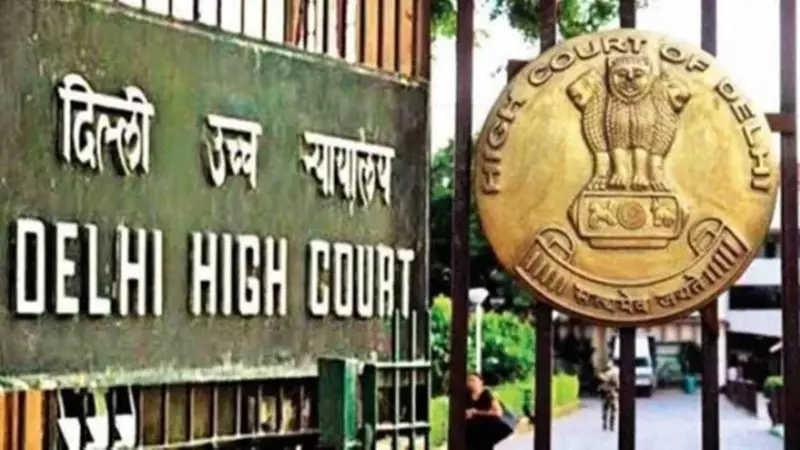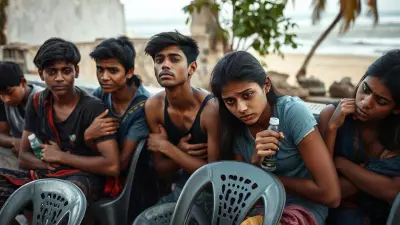
In a decisive move that reinforces the government's role in overseeing private healthcare institutions, the Delhi High Court has dismissed a series of petitions challenging the appointment of government nominee directors in six prominent private hospitals across the national capital.
The bench, presided over by Justice Subramonium Prasad, declined to intervene in the matter, stating that the petitions were not maintainable and that the court lacked jurisdiction to entertain them under Article 226 of the Constitution.
Which Hospitals Were Involved in the Legal Challenge?
The legal battle encompassed some of Delhi's most recognized private healthcare facilities:
- Max Super Specialty Hospital (Saket and Patparganj)
- Batra Hospital and Medical Research Centre
- Sir Ganga Ram City Hospital
- Rajiv Gandhi Cancer Institute and Research Centre
- St Stephen's Hospital
- Jaipur Golden Hospital
What Was the Core Argument Against Government Nominees?
The petitioners had contended that the appointment of government nominee directors constituted an unwarranted interference in the functioning of private institutions. They argued that these appointments violated their fundamental rights and represented excessive governmental control over autonomous private entities.
However, the court found these arguments insufficient to warrant judicial intervention, emphasizing that the petitions failed to establish a clear case for the court's jurisdiction in this matter.
The Government's Stance on Healthcare Oversight
The Delhi government has maintained that the appointment of nominee directors is essential for ensuring that private hospitals comply with their obligations under land allocation agreements. Many of these institutions received land at concessional rates with the understanding that they would provide free treatment to economically disadvantaged patients.
Government nominee directors serve as watchdogs, ensuring that these charitable commitments are honored and that healthcare services remain accessible to all sections of society, particularly the underprivileged.
Broader Implications for Healthcare Governance
This ruling sets an important precedent for the relationship between private healthcare providers and government regulatory mechanisms. It reinforces the principle that private hospitals benefiting from public resources must accept corresponding oversight responsibilities.
The decision comes at a crucial time when questions about healthcare accessibility, affordability, and accountability are at the forefront of public discourse in India's capital city.
Legal experts suggest this judgment could influence similar cases across the country, potentially strengthening the government's hand in regulating private healthcare institutions that have received public benefits or concessions.





